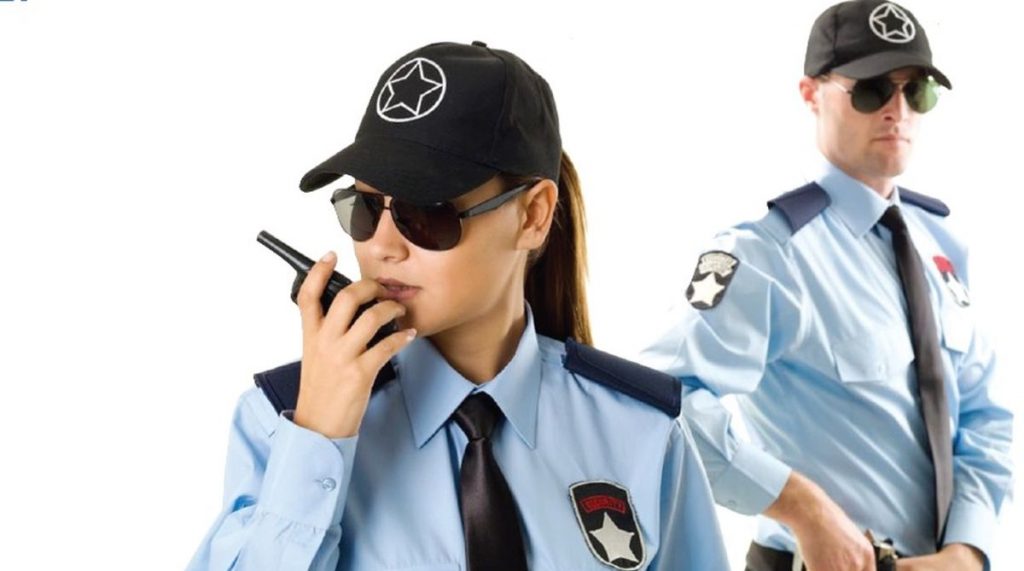A bodyguard is a trained professional who normally ensures an individual’s personal security. The majority of bodyguards work for prominent celebrities, important political figures, business executives, or other people who may face personal attacks. They accompany clients to public events, detect potential hazards, conduct security checks, and plan escape routes. The body guards rush to protect their clients in the event of harassment or danger.
Despite the popular picture of a bodyguard as a massive, muscular, silent figure, most bodyguards are average-looking people. However, a bodyguard must be physically strong and capable of defending himself and his client in a crisis. Bodyguards must also be good communicators, planners, and problem solvers.
They must be able to successfully direct event security guards and go over protocols with their clients. Bodyguards must be able to react swiftly and efficiently in emergency situations, as well as make on-the-spot choices concerning changes in plans.
A bodyguard may work alone or as part of a security team. He keeps close to his client at all times, keeping an eye out for spectators and keeping them at a safe distance. Before a client enters a facility or public gathering area, the bodyguard carefully evaluates the scene and decides the best options to depart if difficulties emerge. Furthermore, bodyguards are frequently in charge of transporting their clients to and from events. They must carefully plan routes to guarantee that their clients arrive and depart safely.

In most cases, a high school diploma is sufficient to work as a bodyguard. Professionals are typically needed to complete training courses in self-defense, first aid, weapon disarmament, and defensive driving offered by specialised bodyguard schools. Training programmes often consist of both classroom and online courses and can take anything from one month to a year to complete. A considerable percentage of body guards are former members of the military or police force, as professionals in such domains have already received most of the training and experience required to perform the job efficiently.
Many bodyguards carry pistols. In most countries, they must undergo specific training and certification in order to carry concealed firearms. Individuals can take training courses at shooting ranges to learn how to use firearms properly and to develop their defence skills. In the unlikely event that a shot is fired, the bodyguard must be completely prepared to manage the situation promptly and safeguard innocent bystanders.

















